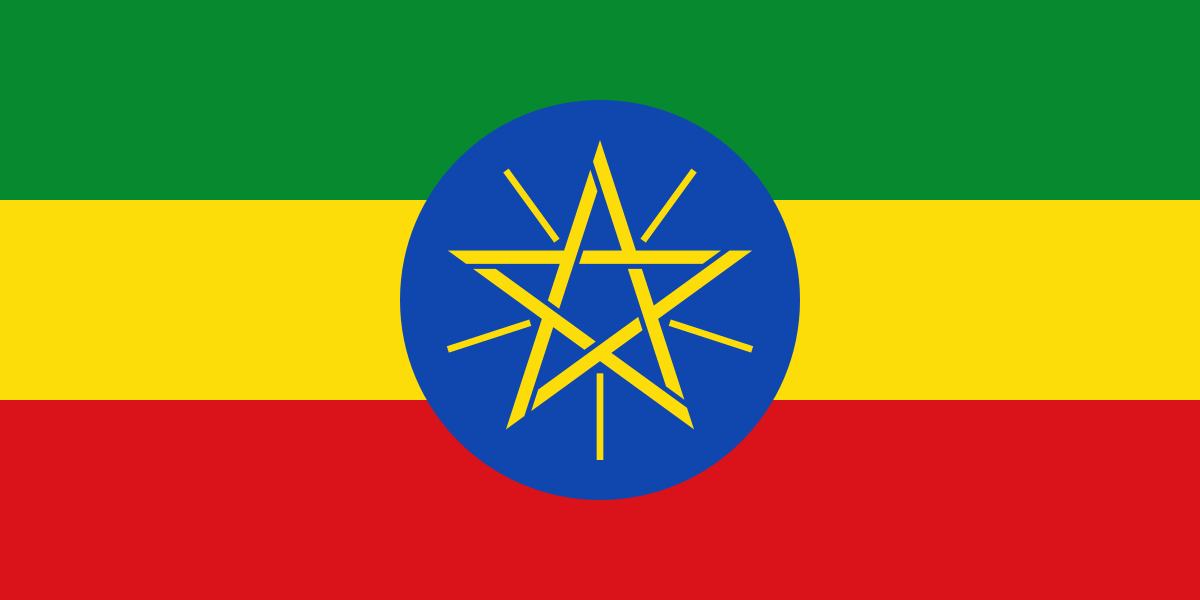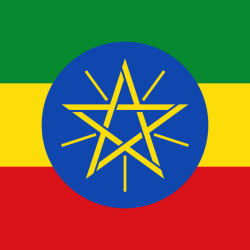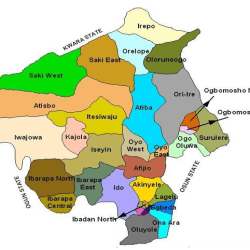The Constitution of Ethiopia, Article 35: Rights of Women
1. Women shall; in the enjoyment of rights and protections
provided for by this Constitution, have equal right with
men.
2. Women have equal rights with men in marriage as
prescribed by this Constitution.
3. The historical legacy of inequality and discrimination
suffered by women in Ethiopia taken into account,
women, in order to remedy this legacy, are entitled to
affirmative measures. The purpose of such measures shall
be to provide special attention to women so as to enable
them compete and participate on the basis of equality
with men in political, social and economic life as well as
in public and private institutions.
4. The State shall enforce the right of women to eliminate the
influences of harmful customs. Laws, customs and
practices that oppress or cause bodily or mental harm to
women are prohibited
5. (a) Women have the right to maternity leave with full
pay. The duration of maternity leave shall be
determined bylaw taking into account the nature of
the work, the health of the mother and the wellbeing of the child and family.
(b) Maternity leave may, in accordance with the
provisions of law, include prenata11eave with full
pay.
6. Women have the right to full consultation in the
formulation of national development policies, the designing and execution of projects, and particularly in the
case of projects affecting the interests of women.
7. Women have the right to acquire, administer, control, use
and transfer property. In particular, they have equal rights
with men with respect to use, transfer, administration and
control of land. They shall also enjoy equal treatment in
the inheritance of property.
8. Women shall have a right to equality in employment,
promotion, pay, and the transfer of pension entitlements.
9. To prevent harm arising from pregnancy and childbirth
and in order to safeguard their health, women have the
right of access to family planning education, information
and capacity.
Ethiopia Rights of Women: A Comprehensive Analysis of Article 35
Introduction
Women’s rights in Ethiopia have seen significant progress over the years, largely due to constitutional protections such as Article 35. This article explicitly guarantees equal rights for women in various aspects of life, including marriage, employment, and property ownership. Despite these legal provisions, challenges remain in fully implementing these rights due to cultural and societal barriers.
Equality in Rights and Protections
One of the fundamental principles of Article 35 is the equal treatment of women and men under the law. It mandates that women should have the same rights and protections as men in all areas of life. This includes legal, social, and economic opportunities, ensuring that discrimination based on gender is not permitted.
Women’s Rights in Marriage
The Ethiopian Constitution ensures that women have equal rights in marriage, including in decision-making, property ownership, and responsibilities. This provision protects women from traditional practices that may limit their rights within a marital relationship.
Affirmative Measures for Women
Recognizing the historical discrimination against women, Article 35 provides for affirmative action to help women compete fairly in society. These measures aim to increase women’s participation in politics, the workforce, and other areas where they have been historically underrepresented.
Elimination of Harmful Customs and Practices
The state has a duty to eliminate harmful customs and traditions that oppress women or cause them mental or physical harm. This includes banning practices such as child marriage, female genital mutilation (FGM), and domestic violence. The government enforces strict laws to prevent these violations and protect women’s rights.
Maternity Rights and Protections
Women in Ethiopia have the right to maternity leave with full pay, ensuring that they do not suffer financial disadvantages due to childbirth. The law also provides for prenatal leave, recognizing the importance of a mother’s health and the well-being of her family.
Women’s Participation in National Development
Women have the right to be fully involved in national development policies and projects, particularly those that directly affect them. This ensures that policies and programs consider women’s needs and perspectives.
Property and Land Rights for Women
One of the most significant advancements in women’s rights is the right to own, use, and inherit property on an equal basis with men. This provision empowers women economically and helps them gain financial independence.
Employment and Workplace Equality
Women are entitled to equal opportunities in employment, promotion, pay, and pension entitlements. Despite these legal protections, gender discrimination in the workplace still exists, and continuous efforts are needed to enforce these rights.
Health and Family Planning Rights
To protect women’s health, Article 35 guarantees access to family planning education and services. This helps women make informed decisions about their reproductive health and reduces risks associated with pregnancy and childbirth.
Governmental Role in Enforcing Women’s Rights
The Ethiopian government plays a crucial role in implementing and monitoring women’s rights. Various institutions are responsible for ensuring that laws protecting women are properly enforced and that violations are addressed effectively.
Challenges in Implementing Article 35
Despite legal protections, challenges remain in fully implementing Article 35. Cultural traditions, lack of awareness, and weak law enforcement hinder progress. Rural women, in particular, face significant barriers in accessing their rights.
Success Stories and Progress
There have been notable improvements in women’s rights in Ethiopia. More women are participating in politics, education levels among women have increased, and legal measures against harmful practices have been strengthened.
Comparing Ethiopia’s Women’s Rights with Other Countries
Comparing Ethiopia’s progress with other nations shows that while advancements have been made, there is still room for further improvement. Countries with strong women’s rights policies, such as Rwanda and South Africa, provide useful models for Ethiopia to follow.
Conclusion
Ethiopia’s Article 35 provides a strong legal framework for women’s rights, covering equality in marriage, employment, property ownership, and protection from harmful customs. However, the challenge lies in effective implementation and changing societal attitudes. Continued efforts from the government, civil society, and the public are essential to ensure that Ethiopian women fully enjoy their constitutional rights.

Frequently Asked Questions (FAQs)
1. What is Article 35 of the Ethiopian Constitution?
Article 35 guarantees women’s equal rights with men in various aspects of life, including marriage, employment, property ownership, and protection from harmful customs.
2. How does Article 35 promote gender equality?
It ensures equal rights in marriage, employment, and property while also providing affirmative measures to help women overcome historical discrimination.
3. What protections does Article 35 provide against harmful traditions?
It prohibits harmful customs such as child marriage, female genital mutilation, and domestic violence, and enforces laws to eliminate these practices.
4. Does Article 35 guarantee maternity leave?
Yes, it guarantees maternity leave with full pay, including the possibility of prenatal leave.
5. Are women in Ethiopia allowed to own land and property?
Yes, women have equal rights with men in acquiring, using, and inheriting property, including land ownership.
6. What are the biggest challenges in implementing Article 35?
Challenges include cultural resistance, lack of awareness, and weak enforcement of laws, particularly in rural areas.











